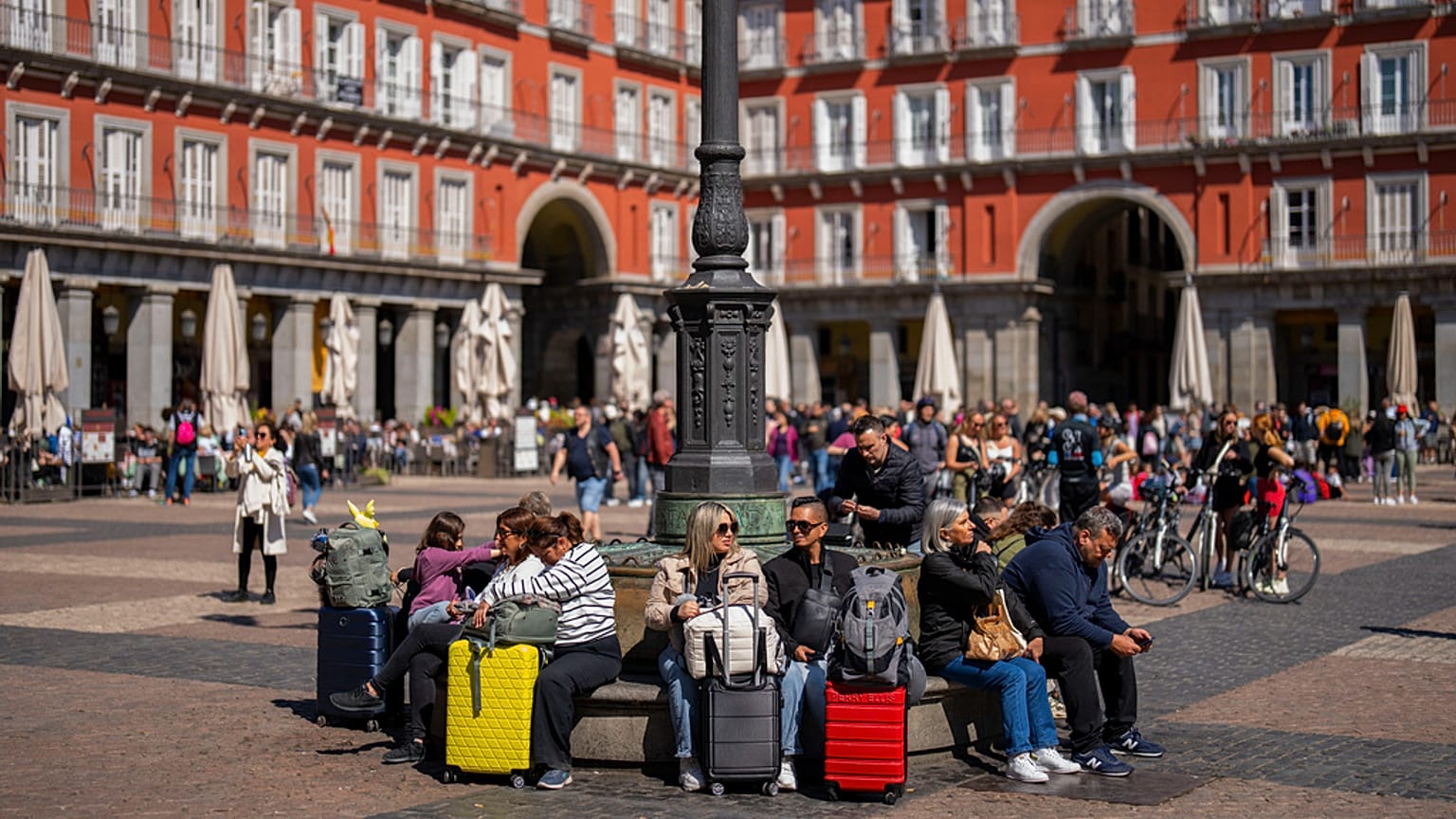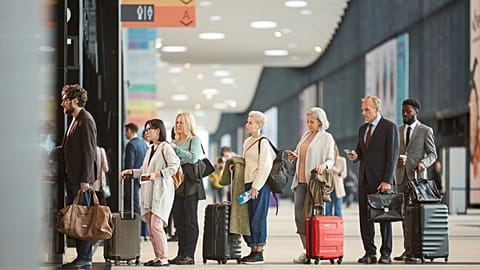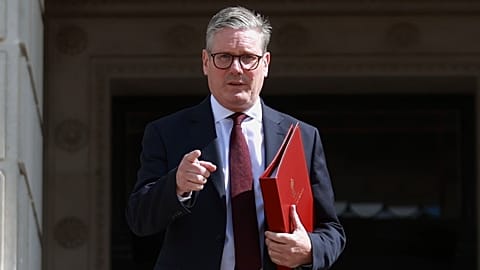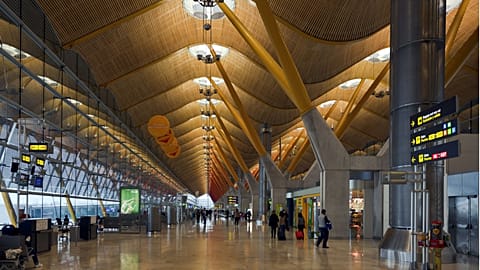Travellers will need to apply online before they'll be allowed into EU countries.
Travellers, including British tourists post-Brexit, will soon need to apply for travel authorisation when visiting Europe.
 ADVERTISEMENT
ADVERTISEMENT
 ADVERTISEMENT
ADVERTISEMENT
Although a launch date has yet to be announced, it's likely the ETIAS will become official in the first half of 2025.
The European Travel Information and Authorisation System will require some travellers to complete an online application, provide personal details, answer security questions and pay a €7 fee. This authorisation will be linked to the traveller’s passport and will be valid for three years or until the passport expires.
The ETIAS is separate from the new EU Entry/Exit Scheme which will also affect Brits and launches 10 November.
'Extra paperwork'
Flora, a Brit and mother of two young children, is among those affected by the changes.
"Traveling with kids is already challenging, and now we have to deal with extra paperwork," Flora said. She and her partner Alexander, currently on a staycation in the UK, are frustrated by the new requirements that add complexity to travel plans.
"I was a staunch proponent of remaining in the EU, so it's just another slightly disappointing hurdle that we're all having to face in our ability just to feel like we can be freely part of Europe. But it's a reality of what happened with the Brexit vote back in 2016, I suppose."
What is ETIAS, and who will have to comply?
The European Travel Information and Authorisation System (ETIAS) is a new system that some non-EU travellers will have to navigate. It is part of the EU’s efforts to improve border security.
Under the new ETIAS rules, visa-free travellers from third countries, including the UK, will have to obtain authorisation before short stays in the Schengen Area, which includes most EU countries as well as Iceland, Liechtenstein, Norway and Switzerland.
Travellers from 60 non-EU countries will need to comply with ETIAS, but there are some exceptions. The fee will be waived for children under 18 and adults over 70, although they will still need to apply for authorisation.
Additionally, there will be a grace period of at least six months when ETIAS is first introduced. This will give travellers time to adjust to the new system, but early application is recommended to avoid any travel disruption.
How will ETIAS affect British travellers?
Rob Staines, an independent travel expert, explained the impact of this change for British tourists, saying it is a reality of post-Brexit travel.
"We were asked to be deemed a third country when we left the European Union and this is extra red tape and extra layers of complexity when it comes to travel," he said.
"But I think if we look in the grand scheme of things, it's completely acceptable and understandable that the EU wants to strengthen their borders. But unfortunately, that comes at a cost."
Despite these new measures, Staines believes it won't deter British travellers from visiting Europe.
"Over 17 million Brits visited Spain last year. It's our number one holiday destination. I don't think this small price to pay and this extra layer of bureaucracy is actually really going to put off people travelling. If anything, it could make people want to travel to the EU more because it's making it a safer place to go. It's ensuring that people don't overstay their welcome and it's a way for the EU to protect their borders."
"What the UK's Labour government is doing at the moment is trying to repair those broken relationships that we have and create a better situation after Brexit," he added.
"It's one of those situations that we just do have to keep an eye on, but actually, yes, it's going to make travel harder. It's going to make travel slightly more expensive for us as well, but we don't know what's going to happen in the future."
Correction: The article has been updated on 18 September 2024 to clarify that ETIAS is a travel authorisation system and not a visa.

















